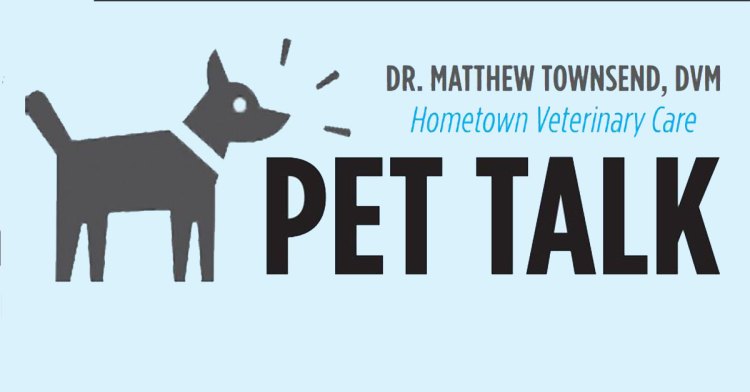Horses are meant to nibble on small amounts of food over the course of a day. With grazing pastures unavailable during the winter, forage hay is the feed of choice. Forage hay provides the fiber necessary for good hindgut health and also helps your horse produce body heat more readily than concentrates.
Hay provides a significant amount of a horse’s daily nutritional needs. Alfalfa hay and Orchard Grass hay are the most popular in the U.S. Alfalfa hay has nearly twice as much protein, three times the Calcium, and about the same amount of simple starches as Grass hay.
Alfalfa hay with its high protein might be the right hay for a hardworking horse, but not right for a less active horse. Grass hay makes horses feel full and still meet their nutritional needs, but it has slightly more carbohydrates. Alfalfa hay’s lower carbohydrate level is better for obese horses or those with insulin resistance, metabolic syndrome, laminitis, or even PSSM
Horses are meant to nibble on small amounts of food over the course of a day. With grazing pastures unavailable during the winter, forage hay is the feed of choice. Forage hay provides the fiber necessary for good hindgut health and also helps your horse produce body heat more readily than concentrates.
Hay provides a significant amount of a horse’s daily nutritional needs. Alfalfa hay and Orchard Grass hay are the most popular in the U.S. Alfalfa hay has nearly twice as much protein, three times the Calcium, and about the same amount of simple starches as Grass hay.
Alfalfa hay with its high protein might be the right hay for a hardworking horse, but not right for a less active horse. Grass hay makes horses feel full and still meet their nutritional needs, but it has slightly more carbohydrates. Alfalfa hay’s lower carbohydrate level is better for obese horses or those with insulin resistance, metabolic syndrome, laminitis, or even PSSM
Horses are meant to nibble on small amounts of food over the course of a day. With grazing pastures unavailable during the winter, forage hay is the feed of choice. Forage hay provides the fiber necessary for good hindgut health and also helps your horse produce body heat more readily than concentrates.
Hay provides a significant amount of a horse’s daily nutritional needs. Alfalfa hay and Orchard Grass hay are the most popular in the U.S. Alfalfa hay has nearly twice as much protein, three times the Calcium, and about the same amount of simple starches as Grass hay.
Alfalfa hay with its high protein might be the right hay for a hardworking horse, but not right for a less active horse. Grass hay makes horses feel full and still meet their nutritional needs, but it has slightly more carbohydrates. Alfalfa hay’s lower carbohydrate level is better for obese horses or those with insulin resistance, metabolic syndrome, laminitis, or even PSSM
Send questions/comments to the editors.



Comments are no longer available on this story